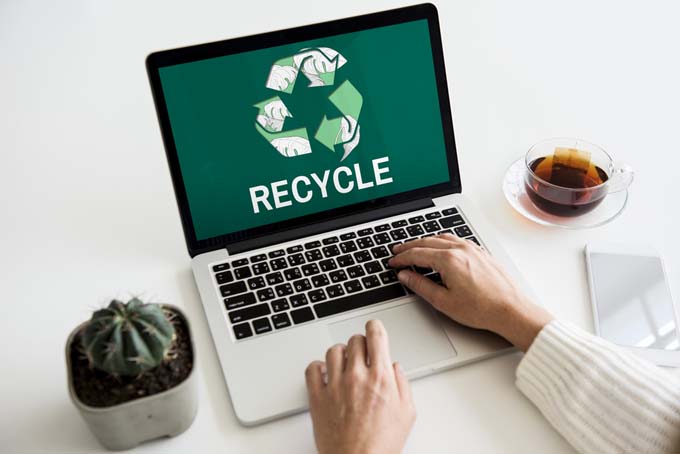IFAT 2018: The beverage and food industry as a playing field for environmental technology
The environmental technology trade fair IFAT 2018 is central to the beverage and food industry. The beverage and food industry is particularly preoccupied by water as a resource. At the world's leading trade fair, which will take place from May 14 to 18, 2018 at the Munich exhibition center, green food technologies are writ large.

The environmental technology trade fair IFAT 2018 will once again show how important the resource water is. Water is used in beverage and food production as an ingredient as well as for manufacturing, cleaning, and hygiene. The starting points for the exhibitors from the water, wastewater and recycling sectors gathered at the trade fair are as diverse as the possible applications. This starts with pumps, which traditionally form one of the largest product groups at IFAT. Many of the beverage and food companies pump their water from their own wells. Here, as in numerous other production and cleaning processes, reliable, efficient, hygienic, environmentally friendly and energy-efficient transport of the medium is essential.
Regulations, such as the Drinking Water Ordinance or the Mineral and Table Water Ordinance, define how water must be conditioned so that it can be used for the production of beverages and foodstuffs. To this end, interfering or harmful substances must be safely removed from the pumped water stream. In the case of brewing water, for example, these are mainly hydrogen carbonates, nitrates and, under certain circumstances, pesticides. Reverse osmosis can be used to eliminate them. Other membrane processes with many variants are also proving their worth in the food and beverage industry. For example, membrane degassing can be used to efficiently remove dissolved oxygen from brewing water or the blending water required in juice production. This prevents oxidation processes in the products. Grünbeck Wasseraufbereitung GmbH, for example, is one of the internationally active plant manufacturers who can select the appropriate solution from a whole range of technologies - ion exchange, reverse osmosis, membrane processes or electrodeionization.
Another huge playing field for the treatment and purification technologies on show in Munich is the treatment of process water and production wastewater. In the beverage industry, these are typically heavily contaminated with solids, for example with labels detached during bottle washing, as well as organic substances. Individual solutions, such as those offered by the companies EnviroChemie GmbH, Huber SE or Invent Umwelt- und Verfahrenstechnik AG, can reduce the wastewater loads on site to such an extent that the treated water can be discharged into the public sewer system or even directly into a body of water without any surcharges. In addition, energy can be recovered in the form of biogas or heat. Appropriately treated process water can also be used for irrigation or plant cleaning.
Recovering valuable materials from wastewater
It is also feasible to recover valuable substances from the wastewater stream. For example, Pyreg GmbH has a process in its program that recovers phosphorus fertilizer from sewage sludge. Wastewater from dairies in particular is characterized by an interestingly high phosphorus content.
One of the trends in water and wastewater technology is towards standardized and modular plants or components. With them, it is possible to reduce technical complexity. At the same time, the plants can be flexibly expanded with additional modules as needed. Uniform standards at various locations of the often globally operating beverage and food producers are an important prerequisite for the successful implementation of Industry 4.0 claims.
As in other industries, the beverage and food industry is increasingly focusing on the life cycle costs of its equipment. After all, up to 80 percent of the total costs are incurred during operation, while the purchase costs account for only one fifth. Optimization in the handling of process and waste water are therefore worthwhile starting points for cost savings.
The environmental technology companies mentioned here as examples can all be met at IFAT 2018 - along with over 3,100 other exhibitors.









